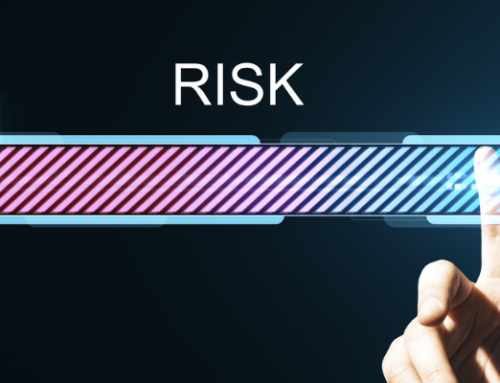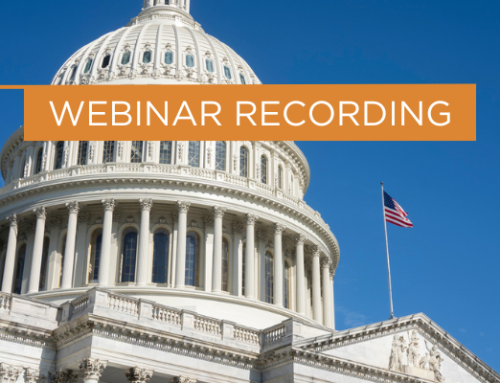As the global business landscape becomes increasingly interconnected, foreign companies eyeing expansion into the United States must navigate a complex regulatory environment. One crucial aspect that cannot be overlooked is the American Institute of Certified Public Accountants (AICPA) framework around Service Organization Control (SOC) 2, as well as the Payment Card Industry Data Security Standard (PCI DSS).
Key takeaways in this article:
Foreign companies entering the U.S. market should understand the SOC 2 and PCI DSS cybersecurity standards which are vital to:
- ensure data security;
- enhance U.S. customer trust; and
- gain a competitive advantage.
Understanding SOC 2
SOC 2 is a critical compliance framework developed by the AICPA, focusing on the security, availability, processing integrity, confidentiality, and privacy of customer data. Unlike other regulatory standards, SOC 2 is unique because it is specifically designed for service organizations that store customer data in the cloud. This makes it highly relevant for companies operating digital platforms.
Understanding PCI DSS
PCI DSS is a set of security standards designed to ensure that all companies that accept, process, store, or transmit credit card information maintain a secure environment. Compliance with PCI DSS is essential for protecting cardholder data and reducing the risk of data breaches. For companies facilitating online payments, adhering to PCI DSS is crucial for safeguarding financial transactions and maintaining customer trust.
Why SOC 2 and PCI DSS Matter
- Data Security and Privacy
-
- For any company managing personal data, particularly sensitive information and payment information, ensuring robust data security measures is paramount. SOC 2 and PCI DSS compliance demonstrate that a company has implemented the necessary controls to protect data against unauthorized access and breaches.
- Building Customer Trust
-
- Trust is a cornerstone of customer relationships, especially in the digital space. By achieving SOC 2 and PCI DSS compliance, companies signal to their clients and users that they are committed to maintaining high standards of data security and privacy. This can significantly enhance reputation and customer loyalty.
- Regulatory Compliance
-
- As regulatory landscapes evolve, companies must stay ahead of compliance requirements. SOC 2 and PCI DSS provide comprehensive frameworks that align with various regulatory standards, helping companies mitigate legal risks and avoid potential penalties.
- Competitive Advantage
-
- In a competitive market, SOC 2 and PCI DSS compliance can be a differentiator. They not only assure customers of your commitment to data security but also position your company as a credible and reliable partner. This can be particularly advantageous when seeking partnerships or business opportunities in the U.S.
Steps to Achieve SOC 2 and PCI DSS Compliance
- Understanding the Trust Service Criteria and PCI DSS Requirements
-
-
- The first step towards SOC 2 and PCI DSS compliance is understanding the five Trust Service Criteria: Security, Availability, Processing Integrity, Confidentiality, and Privacy, along with the PCI DSS requirements which include maintaining a secure network, protecting cardholder data, and implementing strong access control measures.
-
- Risk Assessment and Gap Analysis
-
- Conduct a thorough risk assessment to identify potential vulnerabilities in your current systems and processes. A gap analysis will help determine areas that require improvement to meet SOC 2 and PCI DSS standards.
- Implementing Controls
-
- Based on the gap analysis, implement the necessary controls to address identified risks. This may involve updating policies, enhancing security measures, and training employees on compliance requirements.
- Engaging Auditors
-
- Engage independent SOC 2 and PCI DSS auditors to perform detailed evaluations of your controls. The auditors will provide objective assessments and issue compliance reports, which can be shared with clients and stakeholders.
- Continuous Monitoring and Improvement
-
- Compliance is not a one-time effort but an ongoing process. Continuously monitor and review your controls to ensure they remain effective and aligned with evolving threats and regulatory changes.
Learn More
As a CPA firm, we are uniquely positioned to guide foreign companies through the SOC 2 and PCI DSS compliance journeys. Our expertise in auditing and understanding of these frameworks allows us to provide tailored advice and support, ensuring your company meets the necessary standards and achieves certification efficiently.
By partnering with us, you can leverage our deep knowledge and experience to navigate the complexities of SOC 2 and PCI DSS compliance, build a robust data security framework, and gain a competitive edge in the U.S. market.
If you are ready to embark on the SOC 2 and PCI DSS compliance journeys or have any questions, please contact us. We look forward to supporting your success.






